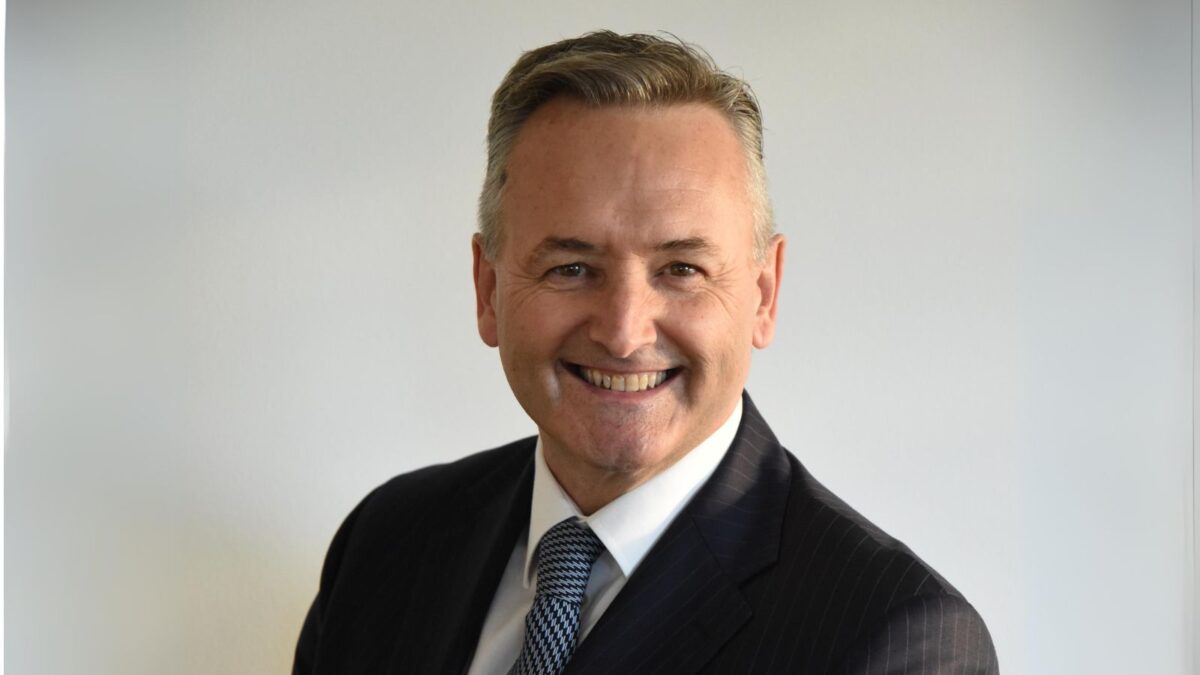Why nation-building still languishes in ‘the landscape of rhetoric’ (and how to get it out)
The involvement of big super funds in large nation-building projects that could help Australia become a green superpower has “largely remained in the landscape of rhetoric”, according to David Scaysbrook, the co-founder of infrastructure manager Quinbrook, and will only move out of it with policy certainty and the creation of more attractive projects.
“These projects are by their nature new developments; there isn’t a green steel project in Australia, or a green hydrogen or a green cement; you can sit and wait, which risk-averse pension funds have been doing for decades in this country, but you won’t be a participant in creating that asset or opportunity,” Scaysbrook tells ISN. “That’s the Rubicon that needs to be crossed.”
Scaysbrook acknowledges that unproven technologies that turned into “disasters” have likely made the industry fund set more risk averse, while truly visionary ideas are often at too early a stage for them to invest in. Some just don’t have the fundamentals, or are being developed in a “vacuum of industry policy”, and good opportunities can be thin on the ground.
“They need projects that they can kick the tires of, and at the end of the day it’s our job to create opportunities they can diligence; they will scrutinise it from top to toe, which is their job, but it’s up to the managers to bring them interesting opportunities,” Scaysbrook says. “This year and next will be the true acid test of their appetite and their willingness to engage. Up until now (those opportunities) have been patchy.”
Scaysbrook also hailed board turnover at the Future Fund, with former IFM Chair Greg Combet appointed as chairman, as a change that could prove pivotal for large-scale infrastructure investment in Australia.
“We hold so much hope that we’ll see more proactivity from them under Combet’s chairmanship to get into sensible nation-building projects but also to get into the conversation and not be a bystander to it,” Scaysbrook says. “An institution like the Future Fund has to lead from the front, and if they’re not doing it you can’t expect an industry fund to step up and champion Australia as a green superpower. I think if or when they do that there’ll be a chorus that others can follow which is kind of timely and necessary. At the moment there’s still a lot of treading water.”
That’s if the projects make sense, of course. There’s no expectation that the Future Fund be avant-garde in its investments, but Scaysbrook reckons there’s nothing controversial about the Australia’s sovereign wealth fund “getting proactive and engaged” in projects that are good for the country.
“I think the man in the street would think that’s why they were created,” Scaysbrook says. “Nobody’s going to question or scratch their head if the Future Fund were to say they were getting behind a (nation-building) project; nobody’s going to think that’s incongruous. You could say, as our sovereign wealth fund, they have a slightly higher responsibility to be paying attention to those opportunities, but they shouldn’t be compelled to move into projects that don’t pass muster.”
In late 2023 Rest committed to invest $1 billion with Quinbrook in areas like green data centres and sustainable digitisation. It was “a case of serendipity”, with Rest taking an interest in the Rowan green datacentre platform, a joint venture with Birch Infrastructure, as it looked to expand its infrastructure allocation.
“Australia is a very difficult market to attract limited partner capital into private funds, and particularly in infrastructure, where the industry funds have positions through IFM or have been set in generalist infrastructure categories for a long time; they were early movers in the asset class. So you really have to be differentiated and offering something they haven’t seen before.
“Getting a large commitment like that from an investor like Rest was a great way for us to expand our investor base, but was also a great way to serve their needs… it’s a great start and we’re chuffed that it’s come from a homegrown institution.”
Quinbrook is currently focused on the development of several precincts for sustainable industries on which Scaysbrook believes the idea of Australia as a “green superpower” is dependent. Areas that are acceptable to the community, have competitive advantages as export hubs and which can be powered with low cost renewable energy are few and far between, as evidenced by the decision to block the development of a windfarm at Port of Hastings due to environmental concerns.
“I can count on one hand the number of those locations in the whole of this country,” Scaysbrook says. “It’s not the case that you can wake up tomorrow and choose a new location and build a green steel plant.
“These things are so specific, and everything aligning at a specific location is quite rare. That’s underappreciated; this is not a case of 30 precincts around Australia, this is a case of getting everybody focused on five or six locations that are unique to Australia and coming up with a coherent plan to develop them. There ain’t 10 and there ain’t 15.”











